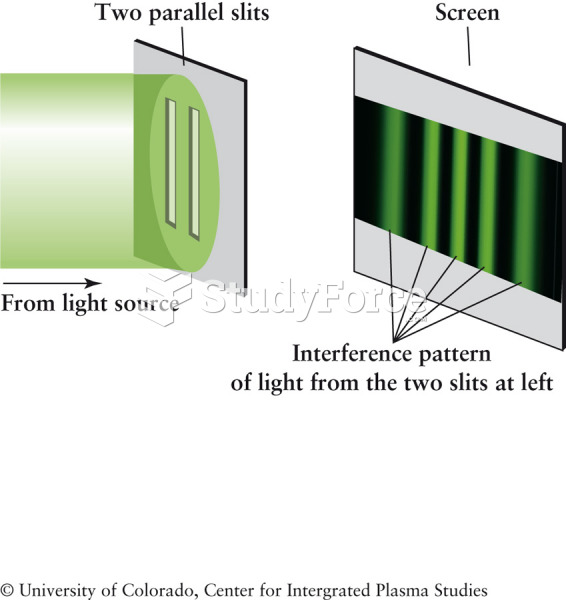|
|
|
According to animal studies, the typical American diet is damaging to the liver and may result in allergies, low energy, digestive problems, and a lack of ability to detoxify harmful substances.
Signs of depression include feeling sad most of the time for 2 weeks or longer; loss of interest in things normally enjoyed; lack of energy; sleep and appetite disturbances; weight changes; feelings of hopelessness, helplessness, or worthlessness; an inability to make decisions; and thoughts of death and suicide.
Medication errors are more common among seriously ill patients than with those with minor conditions.
After 5 years of being diagnosed with rheumatoid arthritis, one every three patients will no longer be able to work.
The horizontal fraction bar was introduced by the Arabs.







